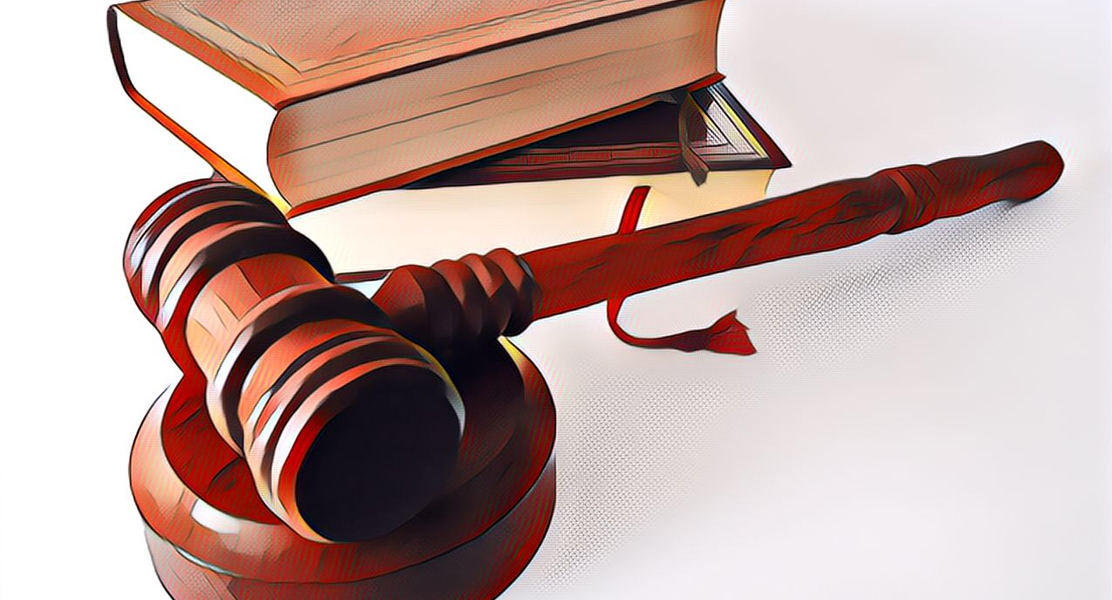11th Circuit affirms: Brevard County (Florida) prayer practice unconstitutional

The Brevard County Board of Commissioners’ “haphazard selection process” for delivering invocations to open meetings violates the U.S Constitution’s ban on establishing religion, a unanimous panel of the 11th Circuit Court of Appeals ruled on Monday. The policy, which categorically excludes atheists from participating, was previously held unlawful by a trial court, a decision affirmed but narrowed by the appeals court’s opinion.
The modern cornerstone for legislative prayer cases is the U.S. Supreme Court’s 2014 ruling in Town of Greece v. Galloway. There, the Court upheld a sectarian prayer practice because of the long-standing tradition of legislative invocations, because the prayer-giver selection process was not discriminatory, and because the circumstances surrounding the prayer were not coercive. Here, the 11th Circuit ruled that Brevard County’s policy failed the no-discrimination rule set forth in Town of Greece.
Below is an excerpt from the opinion:
To be clear, the constitutional problem is not that the Commission lacked a formal, written policy or that the selection of speakers was left to the discretion of individual Commissioners. The issue lies in how the Commissioners exercised their discretion in practice. Brevard County’s haphazard selection process categorically excludes certain faiths – some monotheistic and apparently all polytheistic ones — based on their belief systems. Most Commissioners do not appear to have employed belief-neutral criteria in selecting which invocation-givers to invite. Their comments ‘reflect an aversion or bias on the part of [county] leaders against minority faiths.’ In Galloway, the Court said that a predominantly Christian set of prayer-givers could be constitutional, ‘[s]o long as the town maintains a policy of nondiscrimination.’ On any fair examination of the lengthy summary judgment record, we cannot say the Board has done that here.
The Town of Greece ruling has had a significant impact on how subsequent courts have analyzed not only legislative prayer cases but a wide range of church-state disputes. Justice Anthony Kennedy’s ruling in that case, however, did not stand for the proposition that anything goes when it comes to government expression of religion. Far from it. Government may be allowed to sponsor legislative prayer, Kennedy said, but not without key limits. And, chief among them is the principle that government policies regarding the selection of a prayer-giver may not be discriminatory.
The 11th Circuit did not go as far as the District Court in finding fault with the Brevard County approach, but it ruled that it did not need to. The policy as currently implemented, the court held, cannot continue. The court remanded the case back to the trial court for a more streamlined order consistent with their opinion.




